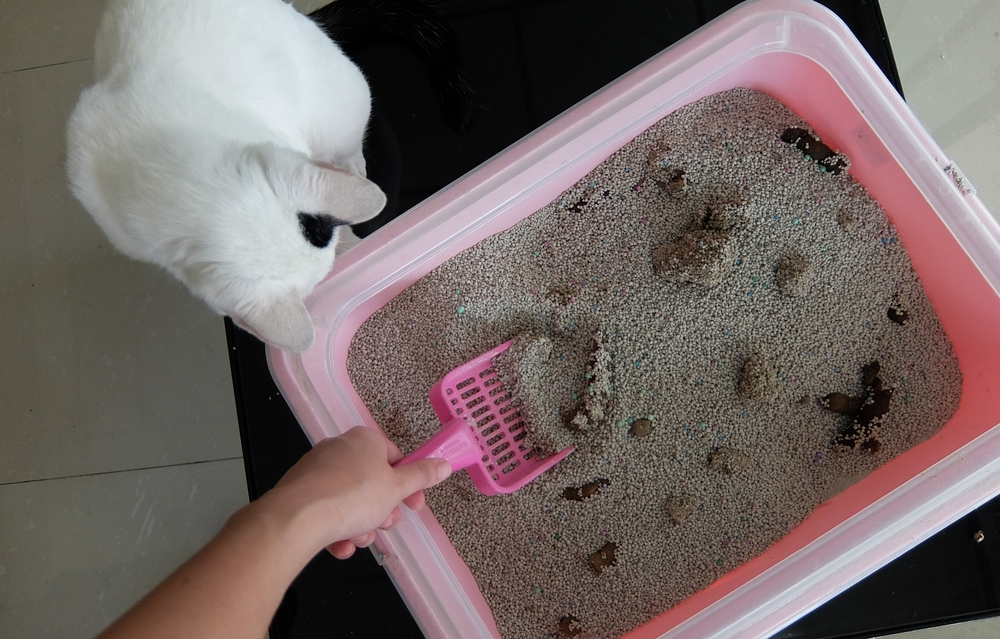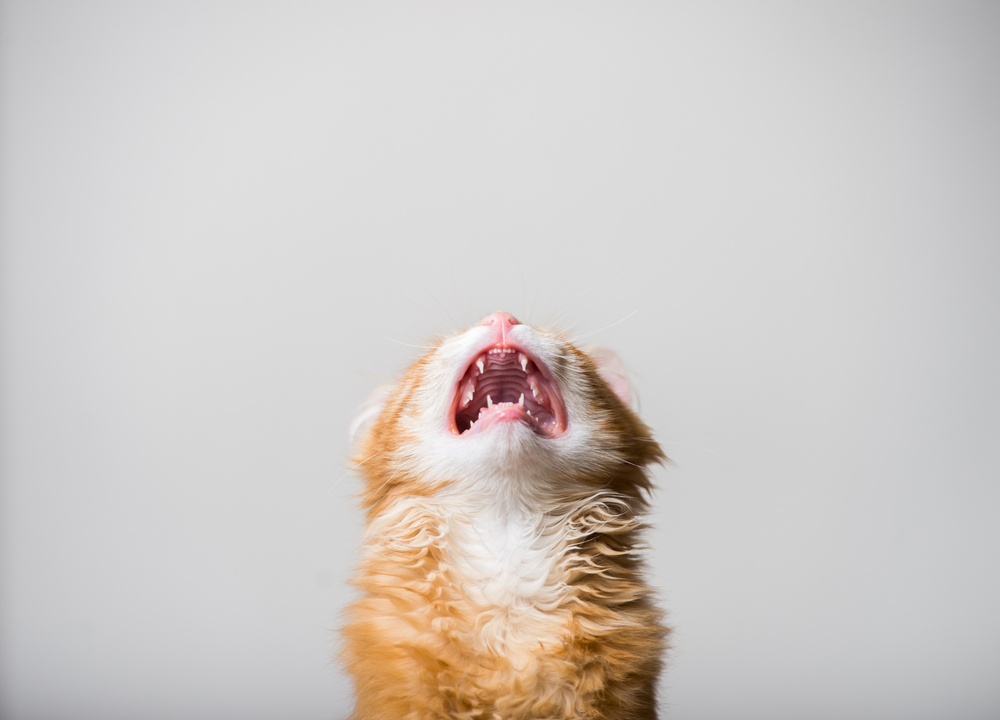Cats and dogs are often assigned human emotions and feelings. While they can feel similar emotions to some extent, they do not act out because they’re upset with you. They are more likely suffering from a medical condition, behavior problem, or stress and anxiety.
Cats in particular are greatly affected by stress, which can manifest in various physical and behavioral changes. One of the most frustrating stress-related conditions—for the cat and the owner—is feline idiopathic cystitis (FIC), where the result is inappropriate elimination.
To prevent your feline friend from not only experiencing but also acting on stress and anxiety, learn to identify and manage the most common reasons for stress in cats. Our Adamson Veterinary Services team provides tips to help your cat feel calm, comfortable, and relaxed at home.
Problem: Your cat doesn’t like sharing their resources
Cats are typically highly territorial, so expecting them to share resources can be asking for trouble. If your cats are forced to share the same sleeping quarters, eat next to each other, or use the same litter box, stress likely builds.
Solution: Try as you might, some cats simply do not gel, and that adorable vision of your cats curled up together for a nap won’t come true. However, you can keep the peace in your household and reduce stress by creating totally separate areas. If space permits, create resource areas on opposite sides of your home, or at least in different rooms. Ensure your cats feel equally comfortable about the resource stations by placing them in the desirable living room rather than the sinister basement. Furnish each area with food and water bowls, a litter box or two, a bed, scratching surface, and climbing post or lookout tower. Your cats can trade off using these separate areas, but they will likely stick to their own safe space, while occasionally furtively scouting out the other spaces.
Problem: Your cat doesn’t like others encroaching on their territory
This stressful situation is linked to resource-sharing, because of a cat’s territorial nature. Whether familiar people or pets come too close to your cat’s domain, or stray cats linger outside, your cat can become highly defensive and territorial.
Owners of territorial cats commonly experience urine marking. When stray cats peer in windows or leave their own scent markings around your doors, your cat likely will spray urine in those areas to warn off the intruders. Your cat may also claw door and window frames to leave visual and pheromone signals that mark their territory.
Solution: Although keeping stray animals away from your home is not easy, ensure you do not encourage them by feeding them. Consider keeping the blinds closed when you are not home so your cat cannot watch for other animals, or move their window perch to a different location.
Problem: Your cat is bored
Boredom contributes to stress in cats since inadequate environmental enrichment leaves them with no outlet for natural behaviors. Bored cats often overeat and overgroom to fill their free time, and the associated stress can trigger inappropriate scratching or elimination.
Solution: Ensure your cat has plenty of opportunities to exercise their instincts. Install climbing towers with hideouts and scratching surfaces, purchase interactive toys that encourage your cat to stalk and pounce, and switch to food puzzles over traditional bowls to force your pet to use their mind at mealtimes.
Problem: Your cat has experienced a sudden change
Abrupt changes in schedule, family members, or environment are incredibly stressful for cats, who thrive on routine and treat changes with suspicion.
Solution: If time allows, implement changes gradually rather than suddenly. For example, introduce a new cat to your household slowly by confining the “intruder” in a room for several days, swapping out your cats’ bedding so they can check out each other’s scent. Next, let your cats see each other through a barrier that you eventually remove or a gate that separates them but leaves them in the same room. This process can take days or weeks, but will greatly alleviate your cat’s stress.
Problem: Your cat’s litter box is a mess

Nobody likes using a dirty bathroom, including your cat. Poor litter box placement, the wrong litter type, and a too-small box can all cause distress when your cat wants to use their bathroom.
Solution: Follow this rule when setting up your cat’s litter boxes—provide one box per cat, plus one extra. Scoop the boxes twice daily, if not more frequently, and completely refresh the litter and disinfect the box weekly. Choose fine, unscented litter, unless your cat has a different preference, and place boxes in low traffic areas with minimal noise.
Stress can upset your cat’s delicate nature and cause a host of physical and behavioral problems that may ultimately result in your bond being damaged. If your cat’s behavior or habits have changed, they may be stressed over a manageable situation. Schedule an appointment with our Adamson Veterinary Services team, before your cat’s stress seriously affects their health.







Leave A Comment